
Northpass is now Gainsight Customer Education.
For all of the latest on our customer onboarding and training solutions, check out Skilljar by Gainsight.
Everything You Need to Know About Mobile Learning Platforms
Ready to Rumble? Let's Find Your LMS.
Download this Customer Education RFP to find the perfect LMS to power your program.

.png?width=3251&height=1107&name=NP_ByGS_ColorLogo%20(1).png)
